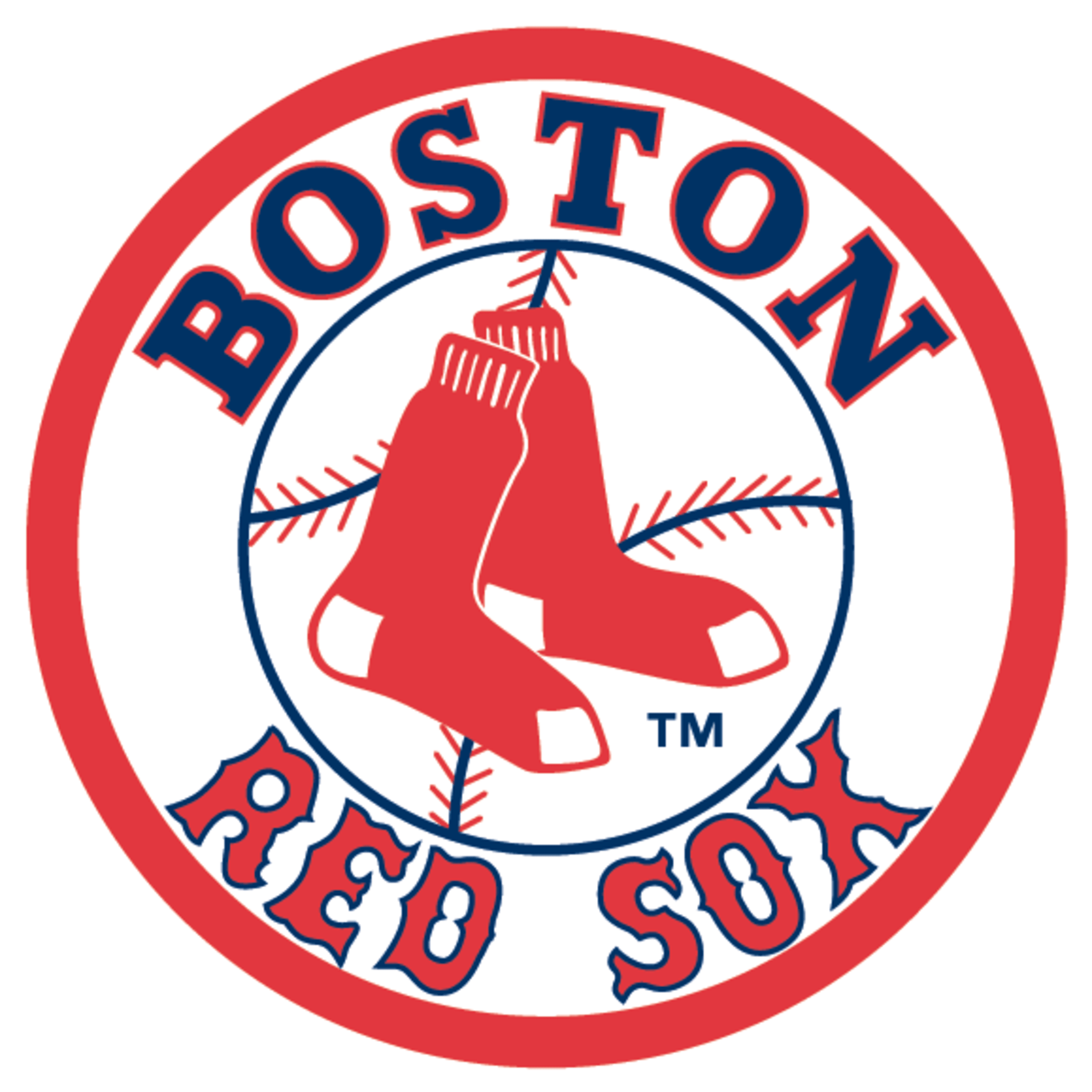Timeline: 1970s
1971
Luis Tiant -- Snatched from the minors during the 1971 season, Luis Taint resurrected his career and a pitching staff during the 1970's. After a 1-7 record in 1971, "El Tiante" re-discovered his magic the next year and went 15-6. Three 20 win seasons, a trip to the World Series, and countless chants of "Loo-ie, Loo-ie" followed.
1972
Dwight Evans -- Dwight Evans patrolled the spacious right field of Fenway Park with a special combination of grit and hustle mixed with a rifle of an arm. He was a confident outfielder who loved to hit the ball.
1974
Fred Lynn -- In 1975, a rookie from USC made baseball history while carving out a place in the hearts of Red Sox fans. Fred Lynn's classic swing and spectacular center field play earned him both the 1975 Rookie of the Year and Most Valuable Player Awards, an accomplishment that had neither been done before nor done since.
Jim Rice -- In the amazing fraternity that is left field at Fenway Park, it was only fitting that Jim Rice would continue the saga started by Ted Williams and Carl Yastrzemski before the famed green wall.
1975
A Rookie Ignites -- Years before Robert Redford starred as "The Natural," a kid from California joined the Red Sox and played with such style and grace that it seems Roy Hobbs was patented after him. Fred Lynn started his first full season in 1975, and went on to set history as the only player to be both Rookie of the Year and MVP in the same season.
Bernie Carbo's Biggest Hit -- It remains as the greatest World Series game ever played. Baseball's two finest teams, both loaded with talent, locked horns for the 1975 Fall Classic: the Boston Red Sox vs. the Cincinnati Reds. Never has a World Series game encompassed everything baseball can be: dramatic defense, clutch hitting and extra inning heroics.
Carlton Fisk Makes History -- If there was ever a game to use as a measuring stick for which future World Series games will be compared, it is Game 6 of the 1975 World Series. Stellar defense, clutch hitting, extra inning theatrics and World Series pressure, all underscored by the nostalgic backdrop of Fenway Park, set the stage for a game that will never be forgotten.
1978
Bucky Dent Prevails -- In any other park, Bucky Dent's three-run home run likely would have been a routine fly ball for an out. But in Boston's Fenway Park, which isn't always friendly to the Olde Town Team, it was the final nail that sealed the coffin of the Red Sox' 1978 season.
1979
Yaz Hits Number 3,000. A soft ground ball made a path through the infield, out of the reach of defender's gloves and into the plush green grass of Fenway. It was a defining moment of the game, a quiet single that reminded us of how simple baseball could be and a monumental statistic that told the story of a ballplayer for the ages.


